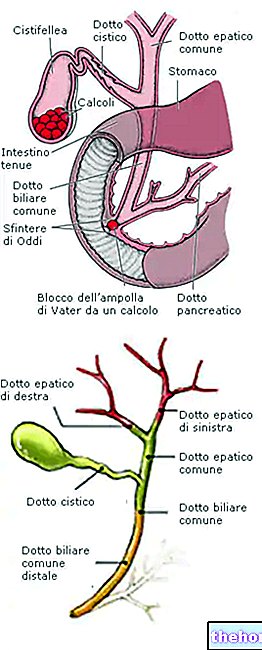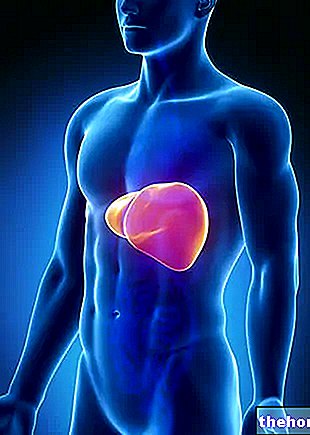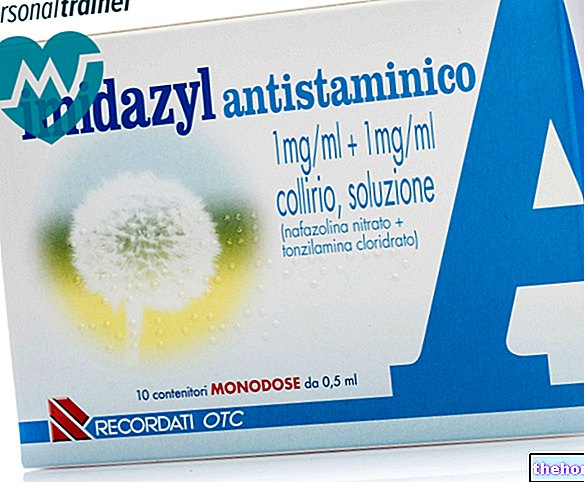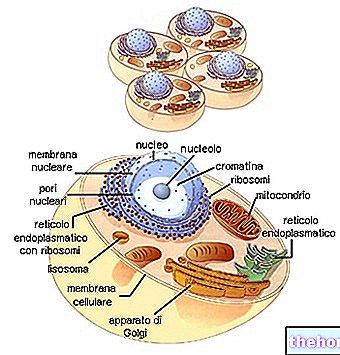Progesterone is a steroid hormone belonging to the progestin hormone group. Although a small amount is also produced in humans (Leydig testicular cells), progesterone is a typical female hormone.
In women of childbearing age, it is secreted by the corpus luteum and the placenta. The corpus luteum is formed following ovulation, when the follicle releases the egg cell contained in it and is replaced by a cluster of cells with a characteristic yellow color. The corpus luteum - under the stimulus of hypothalamic hormones (LH) - thus begins to produce progesterone, with the aim of preparing the body for pregnancy.
If fertilization does not take place, after a few days in the ovary the regression of the corpus luteum begins. The reduction in progesterone levels leads to the flaking of the uterine mucosa (endometrium), hence to menstruation. In the event of pregnancy, the placenta begins to produce progesterone which is associated with that synthesized by the corpus luteum gravidarum.
Natural progesterone or its synthetic derivatives are used in various fields ranging from birth control pills to hormone replacement therapy, where micronized natural progesterone is used in combination with estrogen to lower the risk of developing endometrial or breast cancer.




























